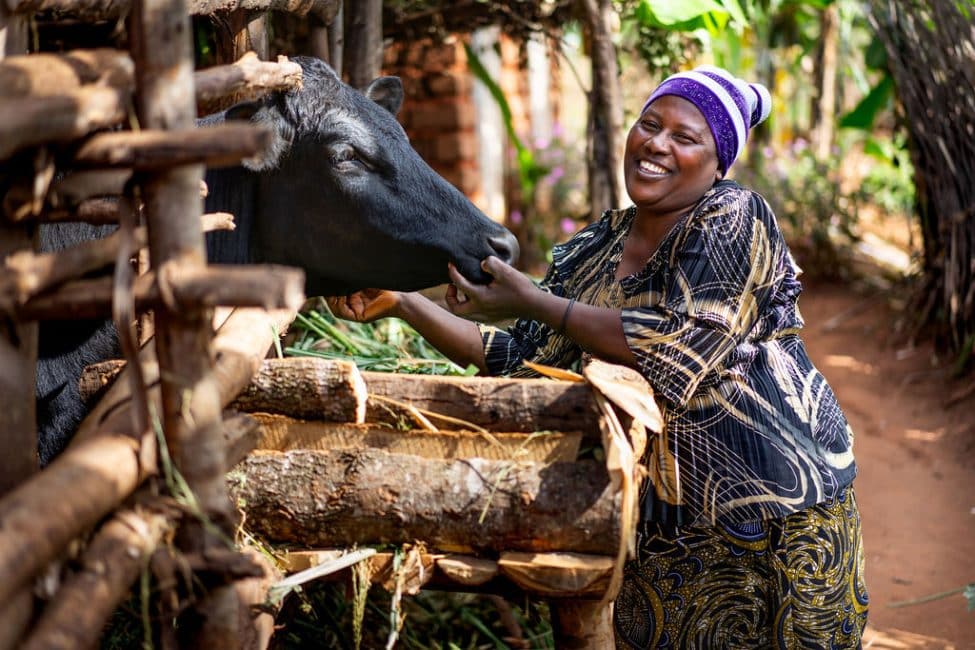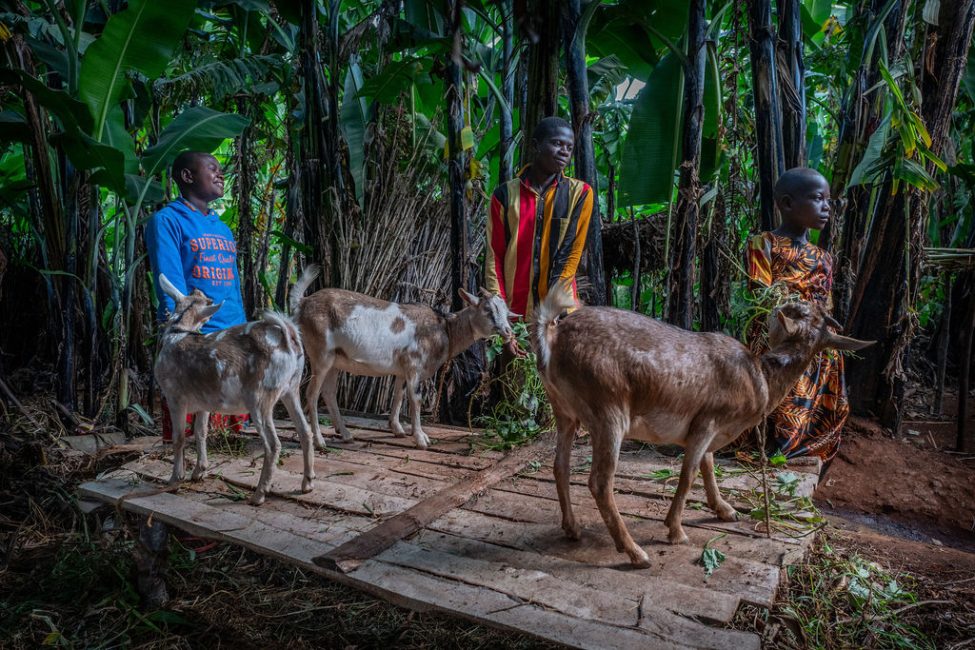Everywhere where we work, women are a priority group among our beneficiaries. Both single mothers and widows are often more exposed to precarity and, as such, they are identified by their communities as the first who should benefit from our activities. By distributing goats to women, we offer them the chance to put an often difficult past behind them. Livestock keeping, which is normally a male preserve, is also a way for them to emancipate themselves from the traditional status of women. We got to know two such women in northern Burundi.
A holistic approach in Burundi, ten years on:
thousands of lives transformed
In Burundi, agricultural overexploitation is progressively reducing the fertility of the land. The problem is jeopardising the food security of nine out of ten people in the country, who depend on agriculture for their livelihoods. To put an end to this vicious circle and stimulate crops, livestock keeping is proving to be extremely effective. However, owning animals is beyond the means of most people in rural areas. That is why we distribute goats to vulnerable families in the north of the country. Over the past ten years, almost 6000 families have benefited from our holistic approach.


